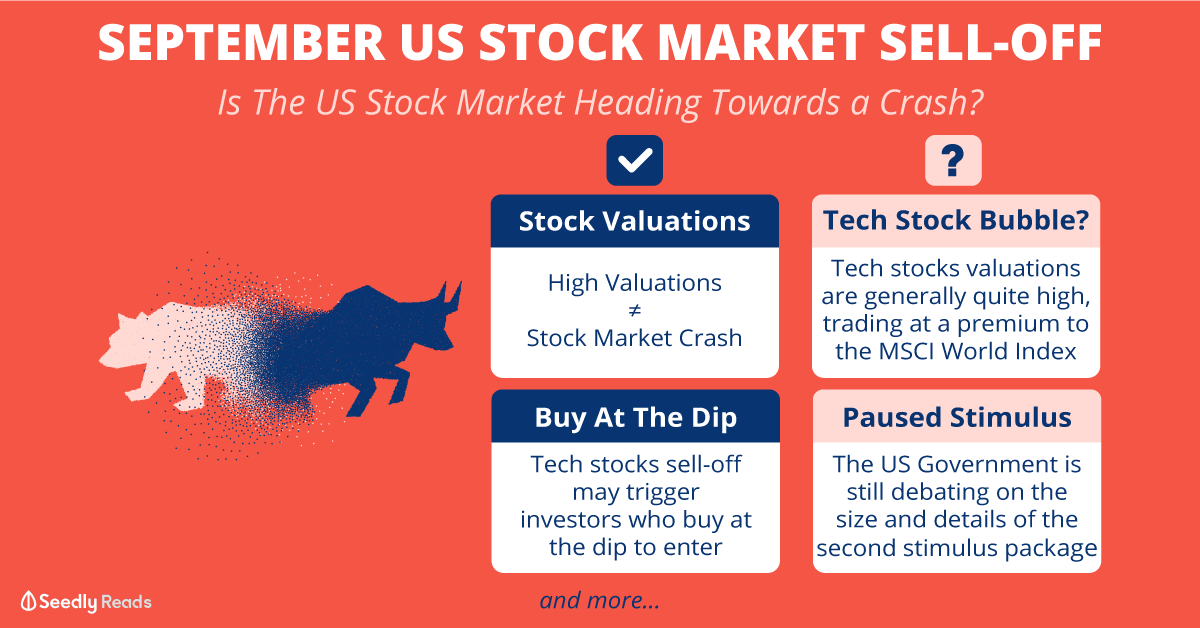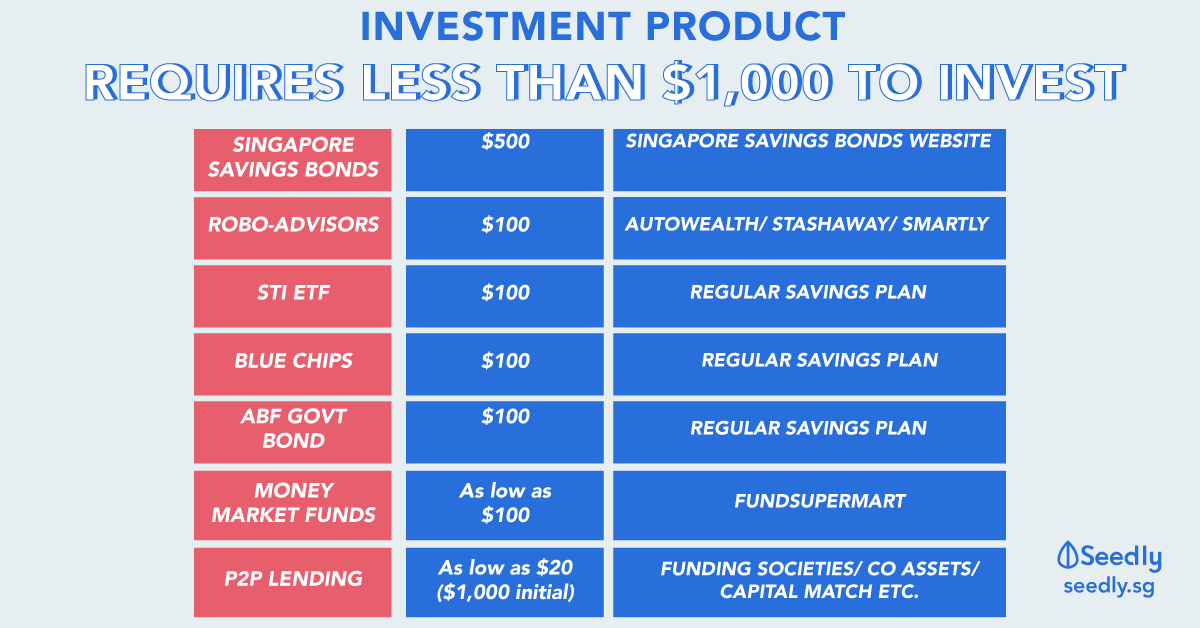Dear Jonathan,
Thank you for your kind words! I am really heartened because simplifying is not naturally my strong suit. I am blessed to have a team that gives me good feedback and I try to learn from those who are better and more experienced than me at advice and communication, like my fellow Executive Director and co-founder Chris Tan.
On the markets, whatever happens to short-term prices and in monetary policy, it should not change the way you invest. I can understand the concern that there is so much money printing propping up asset prices. But this has been the worry since the GFC in 2008-9. Like now, nobody believed that there were legs to the rebound in 2009. Today, you probably hear people saying that equities are too high. There is no upside to the market, how can there be when the economy is so bad, when there is a risk of a second COVID wave. The thing is, it actually is quite normal – in past crises, stock markets always move ahead. This is because whereas news report on the past and the current, market participants price in the future value of earnings based on the collective wisdom, knowledge and assessment of the millions of participants.
If you think about it, while we now worry about extended rallies, we also worry when the rally turns into a decline! That is really quite a stressful way to invest. Actually, timing the market and staying out of it because of fears like these can actually be a riskier move, because even just missing a few days of the best return can jeopardise your goals. (Take a look at the picture for this.) This would be a shame before there really is no need to time the market, because it is the time in the market that matters, more so than when you enter.
So we recommend sticking to your plan, regularly investing in a portfolio suited to your need, ability and willingness to take risk. Once you are invested, you stay put. The work is done before the volatility happens. The asset allocation of your portfolio between bonds and equity is already decided. The diversification of your portfolio globally and across many different companies is done at implementation.
What if we do have a second dip? Treat it as an opportunity to give a booster shot to your plan and goals. Just like you would buy more in a sale, put some dry powder to work. We can be confident to stay invested and to continue investing because we know from both logic and history that the stock market always recovers and goes up in the long run. The logic is that stock prices of companies in aggregate are ultimately driven by earnings growth, and earnings in turn by demand. And what drives demand? Global population growth and increase in standards of living. The evidence is from almost a century of stock price movements that tell us it does not matter when you enter, at a certain periodic high or low – as long as you have time (~10 years for 100% equities) and are invested in broad markets, you will be able to reap a positive long-term return. If you haven’t seen it before, you can take a look at this webinar on investing, especially in the middle or so, when you see a mainly green-and-pink matrix diagram. https://www.facebook.com/moneyowlsg/videos/8514...If you have, well, it is a great reminder and a great source of comfort to us as investors!
Thank you again for joining the AMA and hope this helps!











Dear Jonathan,
Thank you for your kind words! I am really heartened because simplifying is not naturally my strong suit. I am blessed to have a team that gives me good feedback and I try to learn from those who are better and more experienced than me at advice and communication, like my fellow Executive Director and co-founder Chris Tan.
On the markets, whatever happens to short-term prices and in monetary policy, it should not change the way you invest. I can understand the concern that there is so much money printing propping up asset prices. But this has been the worry since the GFC in 2008-9. Like now, nobody believed that there were legs to the rebound in 2009. Today, you probably hear people saying that equities are too high. There is no upside to the market, how can there be when the economy is so bad, when there is a risk of a second COVID wave. The thing is, it actually is quite normal – in past crises, stock markets always move ahead. This is because whereas news report on the past and the current, market participants price in the future value of earnings based on the collective wisdom, knowledge and assessment of the millions of participants.
If you think about it, while we now worry about extended rallies, we also worry when the rally turns into a decline! That is really quite a stressful way to invest. Actually, timing the market and staying out of it because of fears like these can actually be a riskier move, because even just missing a few days of the best return can jeopardise your goals. (Take a look at the picture for this.) This would be a shame before there really is no need to time the market, because it is the time in the market that matters, more so than when you enter.
So we recommend sticking to your plan, regularly investing in a portfolio suited to your need, ability and willingness to take risk. Once you are invested, you stay put. The work is done before the volatility happens. The asset allocation of your portfolio between bonds and equity is already decided. The diversification of your portfolio globally and across many different companies is done at implementation.
What if we do have a second dip? Treat it as an opportunity to give a booster shot to your plan and goals. Just like you would buy more in a sale, put some dry powder to work. We can be confident to stay invested and to continue investing because we know from both logic and history that the stock market always recovers and goes up in the long run. The logic is that stock prices of companies in aggregate are ultimately driven by earnings growth, and earnings in turn by demand. And what drives demand? Global population growth and increase in standards of living. The evidence is from almost a century of stock price movements that tell us it does not matter when you enter, at a certain periodic high or low – as long as you have time (~10 years for 100% equities) and are invested in broad markets, you will be able to reap a positive long-term return. If you haven’t seen it before, you can take a look at this webinar on investing, especially in the middle or so, when you see a mainly green-and-pink matrix diagram. https://www.facebook.com/moneyowlsg/videos/8514...If you have, well, it is a great reminder and a great source of comfort to us as investors!
Thank you again for joining the AMA and hope this helps!